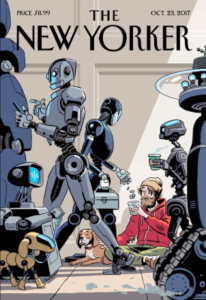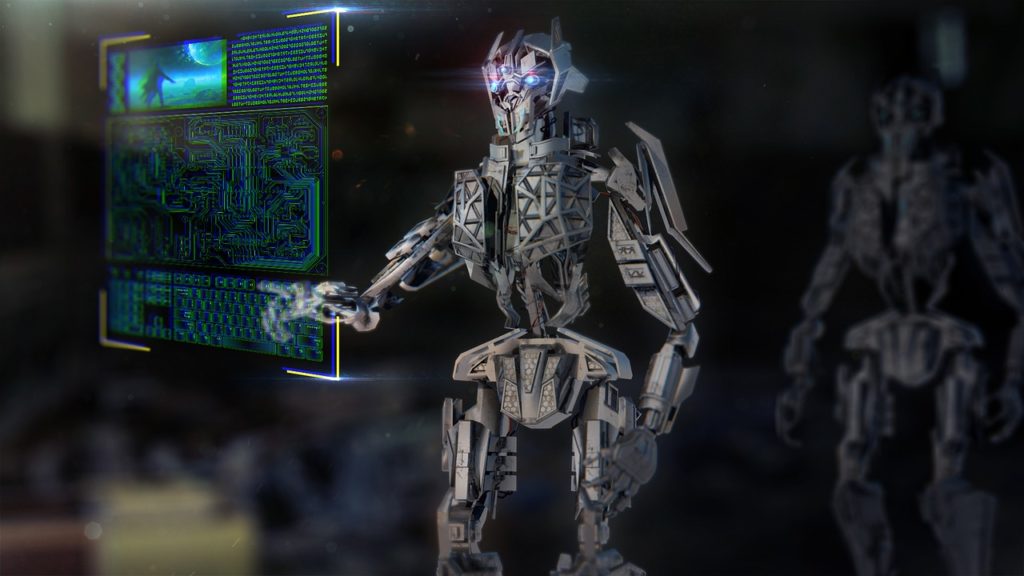The one Advantage we have over A.I is not cognitive…

Technology is an extension of human imagination. It is has enabled what was previously unthinkable. What existed at the fringes of imagination is an open source playground for the technological revolution. Such is the advancement of technology that it has the ability to integrate with the very human ability of elegance – In 2014, professional ballroom dancer Arianne Haslet-Davis did the unthinkable by dancing for the first-time in-front of a live TED audience, a year after a bomb blast in Boston resulted in the amputation of her right leg from the knee below. This marvel was made possible by a bionic limb engineered by MIT professor Hugh Herr and suddenly redefined human potential by integrating the nervous system with mechanical strength and precision. The human species is currently at the cusp of bionic hybridisation.
Can technology breathe new life into humanity?
As we assimilate new and exciting technology both, mechanical and virtual, we may be overwriting quite possibly the most advanced technology known to humankind – the human body.
As a neuroscientist, my investigation into the human potential began first by identifying the limitations of the brain.
The limitations of the brain are:
1. Processing speed – it takes approximately 200ms for information to enter our conscious perception.
2. Working memory – we are limited by the amount of information we can hold in real-time. For example, we may be able to hold a single phone number in our head before writing it down however, we may struggle to do this with 2 or 3 phone numbers.
3. Attention span – is our ability to direct our focus for example we may be able to listen to a single conversation intently however, we won’t be able to sustain it if we start eavesdropping on another.
These limitations are equivalent to those of our digital devices. However, I inherently knew that the brain was capable of so much more. To unpack the secrets of the brain, I began to investigate the less glamorous parts of the brain – the rest of the nervous system. What struck me was that the body harbours an intelligence that is not limited by the processing speed, working memory or attention span. This is the intelligence that we can’t quite assemble in our own thoughts but we have a strong feeling about. We call this intuition or instinct depending on what organ we are referring to. When we talk about intuition we often refer to the heart and when we talk about instinct we often refer to the gut. This is what we call non-cognitive intelligence.
We are only beginning to discover the function of the enormous neural network we call the gut biome.
This gives new meaning to thinking twice.
We also know that changes in our heart rate is our first response to reality and is 200ms prior to what we may choose to think. Our response to a situation depends on whether our heart rate speeds up or remains calm in the process.
Armed with these new insights we may remember what we are beginning to forget. Intuition and instinct do not simply occur haphazardly but are detailed information that is available to us – non-cognitively.
In the near-future, A.I. may be able to out match our cognitive limitation. Even today, we are emotionally dependent on our devices, similar to consuming chocolate for emotional comfort.
There is however one critical limitation – technology does not breathe.
The fragility of life gives meaning to human feeling – the pursuit of love, happiness, and childhood dreams.

Use My Proven Nervous System Training Trusted by Busy Executives to Eliminate Anxiety Permanently!

